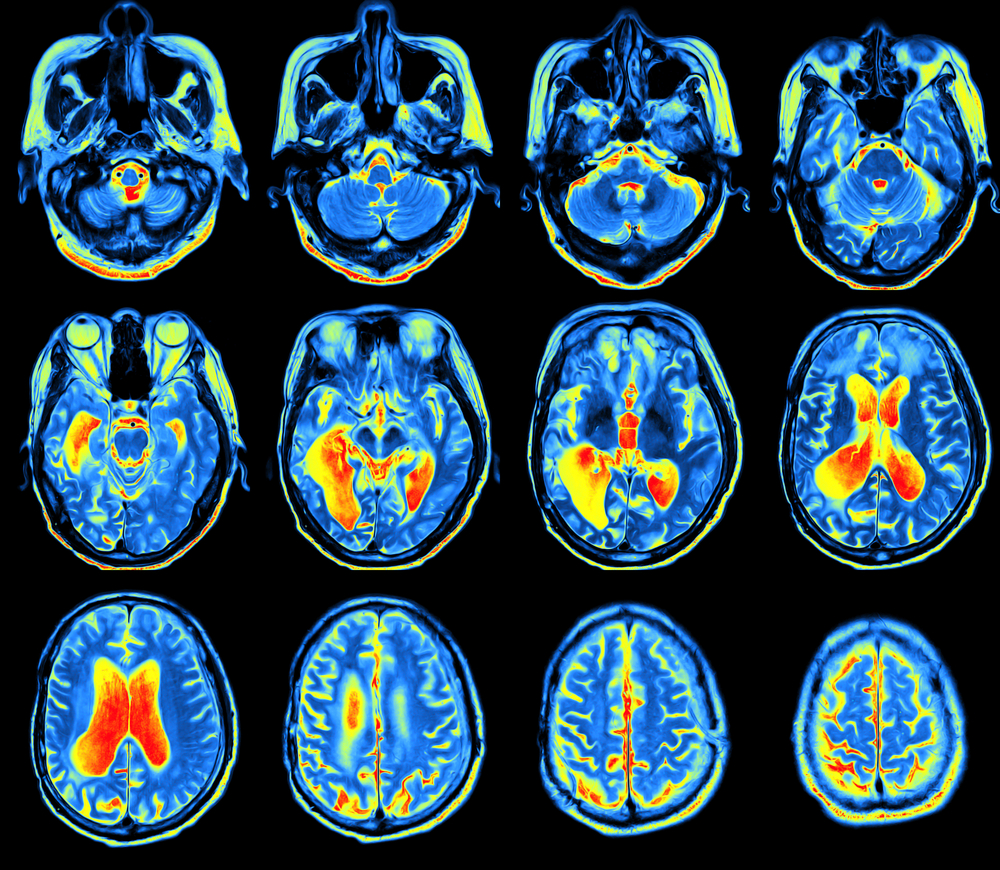Brains of People with Sleep Apnea Show Increased Tau Protein Aggregates
Written by |

People with sleep apnea show increased accumulation of tau protein aggregates — a hallmark of Alzheimer’s disease — in brain regions linked to memory and spatial navigation, a study finds.
The results will be presented during the 71st Annual Meeting of the American Academy of Neurology, May 4–10 in Philadelphia.
Recent evidence suggests that a disrupted pattern of deep sleep — the one that helps memory formation — is linked to an increased risk of dementia. Obstructive sleep apnea is a chronic condition that can cause breathing to stop frequently during sleep.
Researchers at the Mayo Clinic investigated whether obstructive sleep apnea could pose a risk for Alzheimer’s disease.
They used data from the population-based Mayo Clinic Study of Aging and identified 288 people, age 65 and older, without dementia. The participants underwent brain scans with positron emission tomography (PET) to detect the presence of tau protein aggregates in a specific brain region called the entorhinal cortex, a gateway to the hippocampus, linked with memory, spatial navigation and perception of time.
The brains of those with Alzheimer’s disease show accumulation of tau protein aggregates, which are thought to precede the loss of nerve cells, shrinkage of the brain, and cognitive impairment.
PET imaging uses small amounts of radioactive materials, called radiotracers, along with a special camera and computer to help evaluate organ and tissue function.
To know whether individuals suffered from sleep apnea, the participants’ bed partners were asked whether they noticed their partners stopped breathing during sleep.
Bed partners of 43 of the participants (15%) reported sleep apnea. The brain scans of these participants showed that they had 4.5% higher levels of tau in the entorhinal cortex than those without sleep apnea. These results were still true after accounting for age, sex, education, cardiovascular risk factors and sleep complaints.
However, the study was not without limitations, as the team lacked other measures to confirm sleep apnea and its severity as well as participants’ sleep apnea treatment.
“Our research results raise the possibility that sleep apnea affects tau accumulation,” Diego Z. Carvalho, MD, first author and neurology fellow at Mayo Clinic, said in a press release. “But it’s a chicken and egg problem,” he said, emphasizing that it remains unknown whether tau accumulation causes sleep apnea or whether sleep apnea leads to the accumulation of toxic aggregates of this protein.
“Longer studies are now needed to solve this problem,” Carvalho said.





